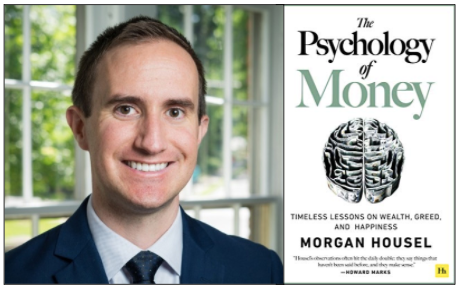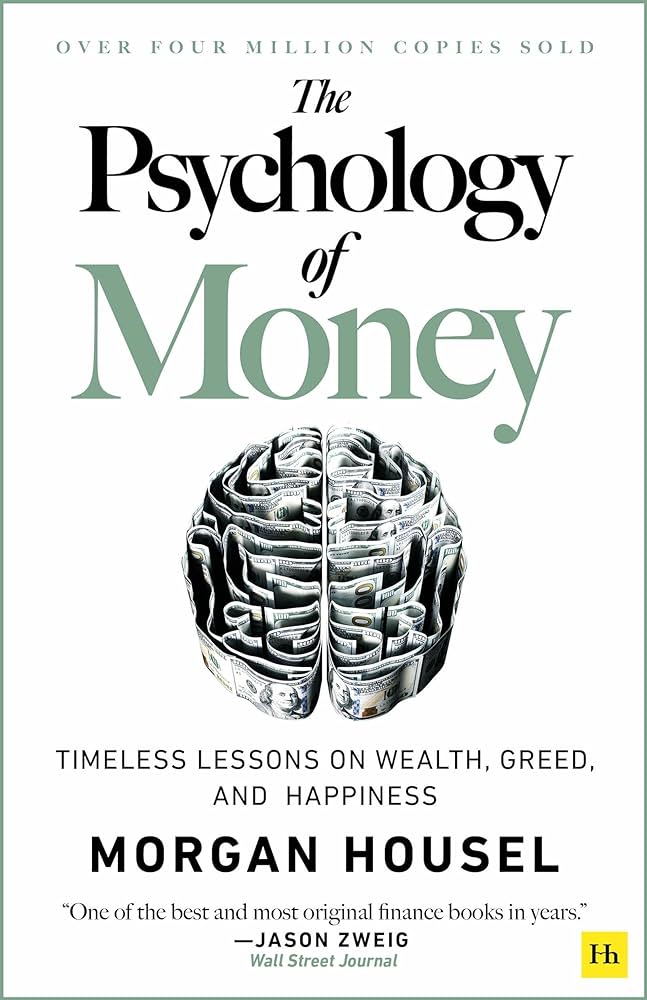The Psychology of Money: A Must-Read for Financial Wisdom
A Book That Challenges Conventional Wisdom
In the world of personal finance, many books promise get-rich-quick schemes or offer complicated investment strategies. However, “The Psychology of Money: Timeless lessons on wealth, greed, and happiness” by Morgan Housel takes a refreshingly different approach. This book delves into the psychological and emotional aspects of money, exploring the often-overlooked factors that shape our financial decisions.

Buy “The Psychology of Money” on Amazon
The Power of Storytelling
Housel’s Engaging Writing Style
One of the book’s strengths lies in Housel’s engaging writing style. Rather than presenting dry facts and figures, he weaves together compelling narratives that illustrate the complex interplay between human behavior and money. Through captivating real-life examples and anecdotes, Housel makes abstract concepts tangible and relatable.
Lessons from History
Housel draws upon historical events, cultural phenomena, and the experiences of individuals from various walks of life to highlight the timeless principles that govern our relationship with money. By exploring the successes and failures of others, readers gain valuable insights into the psychological pitfalls that can sabotage even the most well-intentioned financial plans.
Key Takeaways
The Importance of Perspective
One of the central themes of “The Psychology of Money” is the importance of perspective. Housel encourages readers to step back and consider the broader context in which financial decisions are made. He emphasizes the need to adopt a long-term mindset and avoid the trap of short-term thinking, which can lead to impulsive and counterproductive choices.
The Role of Luck and Risk
Housel also challenges the notion that financial success is solely a product of hard work and skill. He highlights the often-overlooked role of luck and risk in shaping financial outcomes. By acknowledging the inherent uncertainty in the markets and in life, readers gain a more nuanced understanding of the factors that contribute to wealth creation.
The Pursuit of Happiness
Ultimately, “The Psychology of Money” is not just about accumulating wealth; it’s about finding happiness and fulfillment in the way we manage our finances. Housel encourages readers to examine their values, priorities, and motivations, and to align their financial decisions with their personal goals and aspirations.
Whether you’re a seasoned investor or just starting to navigate the world of personal finance, “The Psychology of Money” offers invaluable insights that will challenge your assumptions and enrich your understanding of the complex relationship between money, behavior, and well-being.


